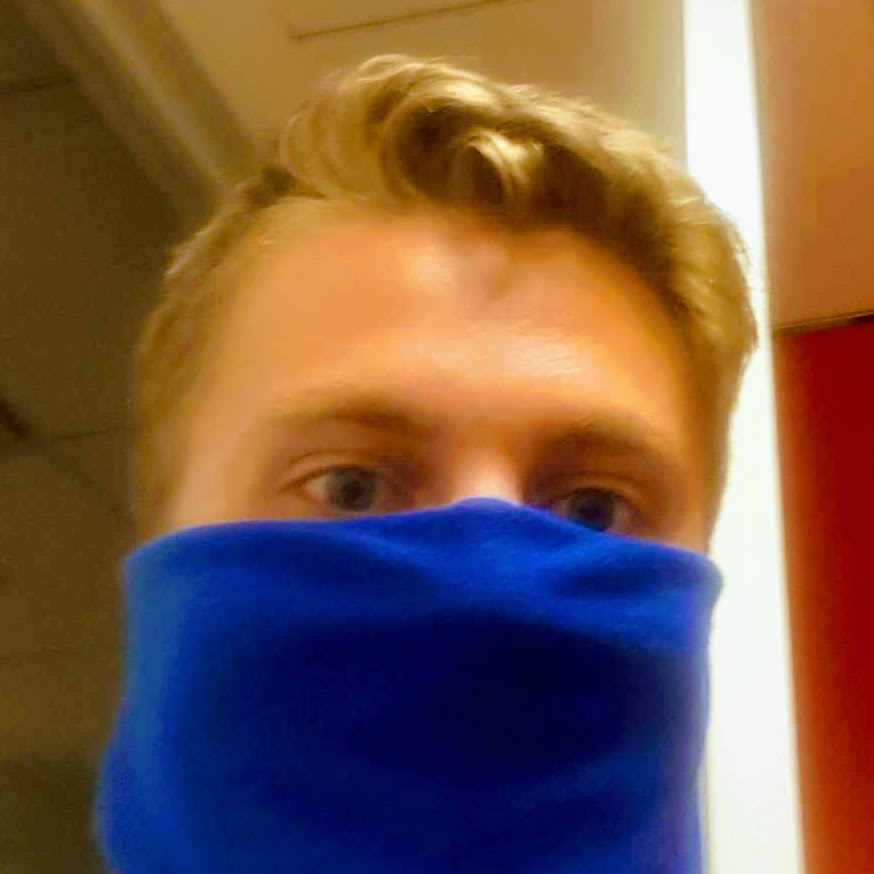

The United States' response to the pandemic looks more like the behavior of a cargo cult than of a technologically advanced wealthy nation. The narrative spellbook, the political discoursive incantation, has let us down.
Wearing a mask sucks. It gets hot, it reaches up into your nostrils, it obscures your vision of the ground (yes i have tripped while wearing a mask, no i am not hurt, thank you). All of this is certainly more bearable than personally risking other peoples' lives.
It would be easy to level ridicule and satire towards anti-maskers, and many have already done that better than i could. It recalls America's abuse of indoor climate control at the expense of outdoor climate stability: It has to be sixty-eight degrees inside in July. It has to be seventy-four degrees inside in January. We are so desperate for comfort that we will foreclose the survivability of the future.
But i live in a city, and a compliant, collectivist city at that, so i encounter mostly mask-clad people when i move around town. And i have interactions with those masks, and with those people. I want more to explore those novel interactions.
It is all in the eyes and eyebrows now. How can we smile at cute girls and boys? How can we smile to disarm strangers—to convey peace? When somebody spots me approaching and raises their mask from their neck to their nose and mouth, i feel filthy. Raising a mask to an approaching stranger says, "Here comes another one of those smelly bastards." There is something extremely human—and subtly sexual—about accepting a stranger's dirt. A stranger's mask, worn to deter our breath, conveys our own dirtyness, markedness, and infectiousness. The motion pierces our defenses and delivers nutritive formula to our insecurity. "No, i do not accept you as you are. No, you may not enter my cloud. You are anathema, miasma, and you will find no asylum in my presence." The mask undoes millions of years of hominin evolution sharpening the optic pathways to discern facial expressions. So much genomic fine tuning, socialization, and cognitive energy is thwarted by this necessary textile layer.
How many conflicts might arise due to misunderstanding which facial expressions might have prevented? How many connections are we missing? What is going to happen to children still learning to contextualize facial cues?
It is a noninstinctive defense against a biological threat. Tea and honey for a sore throat is intuitive. My throat feels raw—put something on it. Heat belts for melting fat away are intuitive. Fat is waxy; what if i burn it away? Masks are unintuitive. The knowledge that microscopic organisms cause disease is only centuries old. There is nothing intuitive about germ theory or airborne droplets, and this is perhaps why pandemics lend themselves to conspiratorial thinking.
There is so much intuitive about dirt. Most vertebrates appear to value cleanliness to an extent. And there is little more intuitive than disgust. Have you ever seen a snake? The mask reifies everything from the days of hunter-gatherer clans that we thought we had stamped out with plows, perfumes, and running water—mud, ticks, fleas, lice, worms, and that ill-understood malaise of viral disease. The mask raises the specter of the pre-penicillin era (in which many of those most vulnerable today were born), when a cough or sneeze or discoloration could foreshadow not only inconvenience, but death.
—Lucas